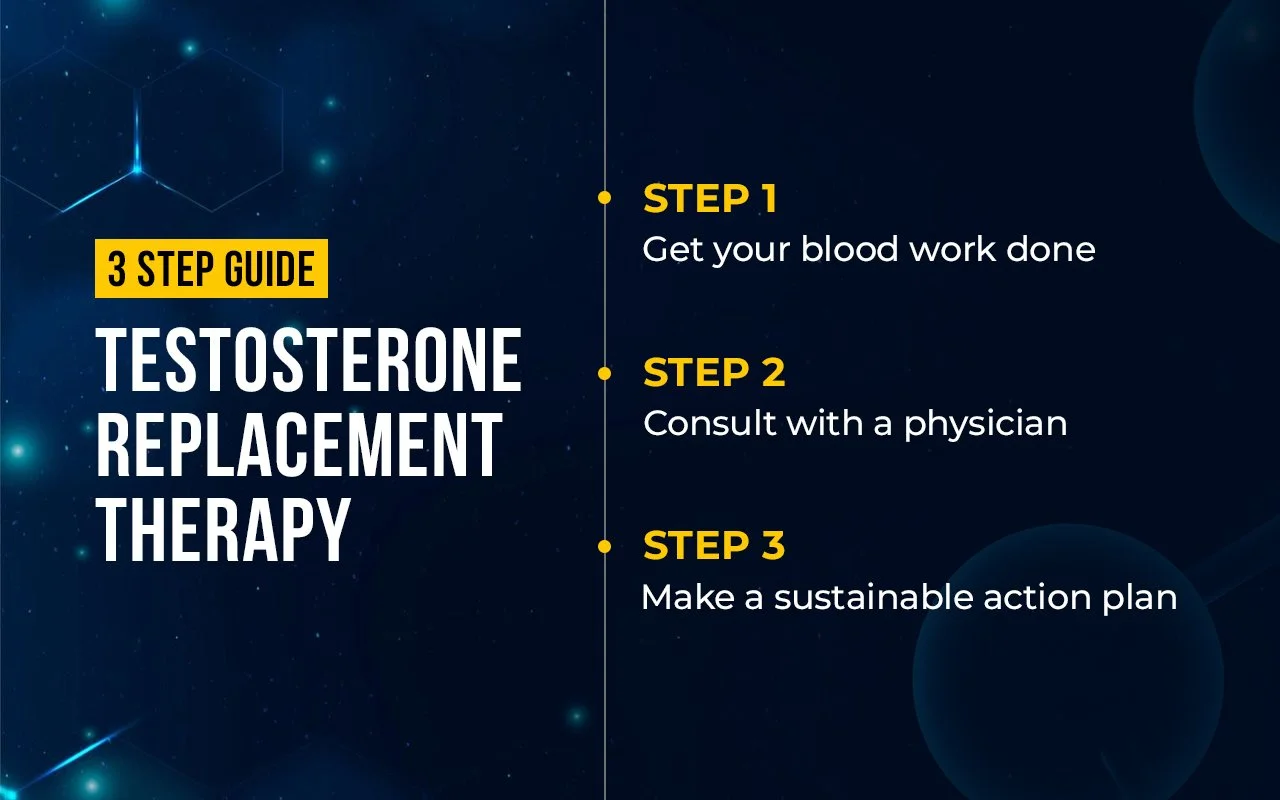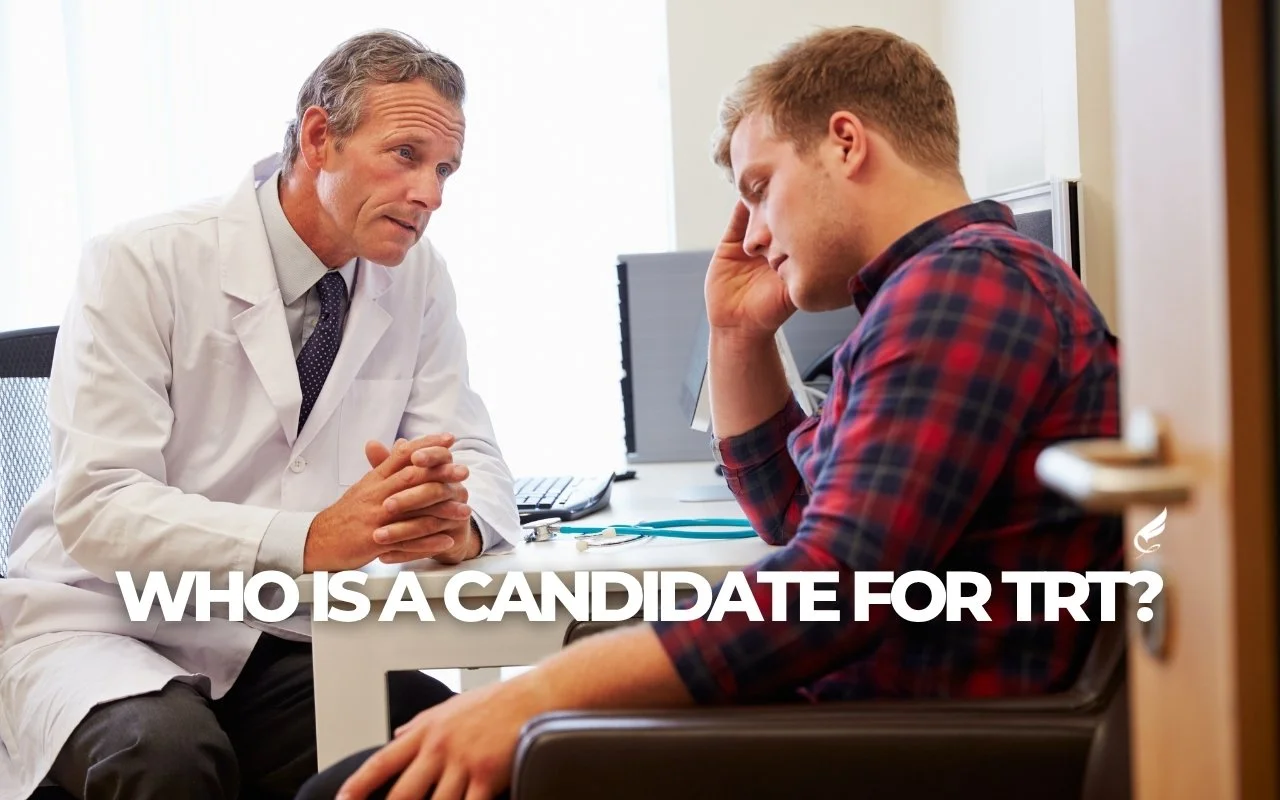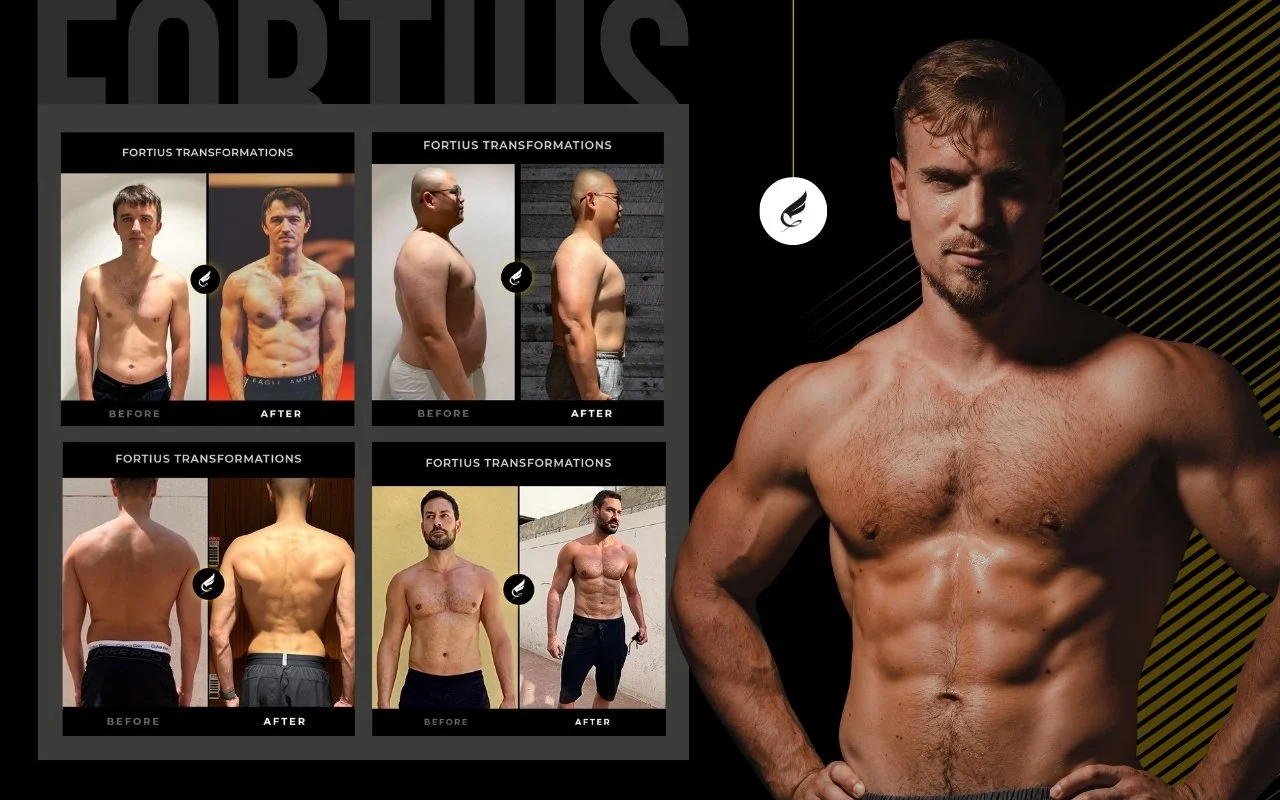TRT in Dubai: A Balanced Guide to Testosterone Replacement Therapy
The conversation around men's health is changing. More men are proactively seeking ways to optimize their physical performance, and this has inevitably led to a growing interest in Testosterone Replacement Therapy, or TRT. In a high-performance city like Dubai, TRT therapy is often discussed as a potential "fountain of youth" or a powerful tool for restoring vitality.
But what exactly is TRT therapy Dubai, who is it for, and what does the process look like in the UAE?
This is a balanced, no-nonsense guide to testosterone replacement. It is not a recommendation for or against the therapy. It is an educational resource to help you understand the facts, so you can have an informed conversation with your healthcare provider. This is not medical advice; it is expert insight into a complex topic.
What is Testosterone Replacement Therapy (TRT)?
Testosterone Replacement Therapy (TRT) is a medical treatment designed to restore testosterone levels to a healthy, normal range in men who have a diagnosed medical condition called hypogonadism (clinically low testosterone). It is not intended as a performance-enhancing drug for individuals with normal testosterone levels looking for a shortcut to muscle growth.
The primary male sex hormone, testosterone, is responsible for developing male sexual characteristics, maintaining muscle mass, bone density, and sex drive. TRT works by administering bioidentical testosterone to supplement the body's own, often diminished, testosterone production. This hormone therapy can be delivered via several methods:
Injections (most common)
Gels or creams
Testosterone patches
Testosterone pellets implanted under the skin
The goal is to alleviate the debilitating symptoms of a genuine testosterone deficiency, such as persistent fatigue, low libido, reduced muscle mass, and other emotional symptoms like mood swings.
Who is a Candidate for TRT?
This is the most critical question. TRT is not a lifestyle choice; it is a medical treatment for a diagnosed condition, and not everyone is a suitable candidate.
The Right Candidate: A man experiencing symptoms of low T who has had a comprehensive blood test done to confirm that his total testosterone and free testosterone levels are clinically below the normal reference ranges. The decision for starting TRT must be made in consultation with a qualified medical professional who has reviewed the patient's full medical history.
The Wrong Candidate: A healthy man with normal testosterone levels who is simply looking for a shortcut to build more lean muscle mass or achieve fat loss. Using testosterone therapy in this scenario can shut down your body's own hormone production (specifically the luteinizing hormone and follicle-stimulating hormone) and comes with significant potential side effects.
The Potential Benefits and The Real Risks
For a man with a genuine deficiency, the benefits of medically supervised testosterone replacement therapy TRT can be life-changing. These can include increased energy, improved mood and cognitive function, increased muscle mass, enhanced sexual function and self-confidence, and better overall health.
However, it is not without potential risks that must be carefully managed with a medical team:
Cardiovascular Health: It can affect cholesterol levels and cause blood thickening, which could potentially increase cardiovascular risk in some individuals.
Prostate Health: TRT can stimulate prostate tissue, and its use in men with a history of prostate cancer is a complex issue requiring specialist consultation.
Fertility Issues: Exogenous testosterone signals your body to stop its own testosterone production, which also halts sperm production, leading to fertility issues.
Dependence: Once you start TRT, your body's natural production will shut down. It is often a lifelong commitment.
Other Side Effects: Issues like acne, fluid retention, and hair loss can also occur.
The Process in Dubai: What to Expect
If you suspect you have low testosterone levels, the process should always start with a qualified healthcare professional.
Initial Consultation & Blood Work: The first step is a thorough consultation with a doctor who specializes in men's health or endocrinology. They will order a comprehensive blood test to measure your hormone levels.
Diagnosis: Based on your symptoms and blood test results, the doctor will determine if you have a clinical deficiency.
Treatment Plan: If it's determined you need to treat low testosterone, your doctor will discuss the different treatment options and create a personalized plan.
Ongoing Monitoring: This is crucial. A responsible TRT protocol involves regular follow-up blood work under medical supervision to ensure your hormone levels remain in the optimal range and to monitor for any side effects.
Conclusion: TRT is a Medical Tool, Not a Fitness Hack
Testosterone replacement therapy can be a powerful and effective medical treatment for men with a legitimate medical need. However, it is not a substitute for the foundational pillars of health and an active lifestyle.
For the vast majority of men, the most powerful and sustainable way for hormone optimization is through a strategic combination of regular exercise like strength training, a healthy diet, quality sleep, and stress management. These lifestyle changes can significantly improve testosterone levels naturally.
Before considering any medical therapy, it is essential to first master these fundamentals. To learn how, you can read our foundational guide on this topic.
Click Here to Read The Ultimate Guide to Testosterone Optimization for Men in Dubai







